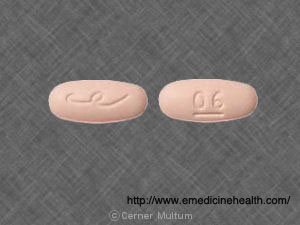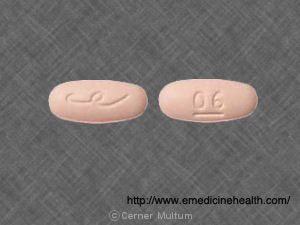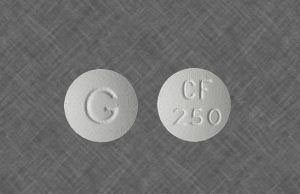Allegra for Kids

Allegra for Kids:
Allegra, which goes by the generic name Fexofenadine hydrochloride, is a part of the antihistamine family and is used to relieve seasonal allergy symptoms. In addition to combatting the symptoms associated with hay fever and allergies, Allegra can be used to treat chronic itching and hives.
Allegra is used to treat allergy symptoms in adults and kids as young as two years old. Allegra, to treat hives, should not be used by any children below the age of six without prescription.
Allegra, which can be procured over the counter, has spin-offs specifically designed for youths. Allegra for kids comes in orally disintegrating tablets and oral suspensions (liquids). Nonprescription children’s Allegra and the Allegra for children disintegrating tablets are applied to treat seasonal allergy symptoms and hives in children six years of age and older.
When applied without a prescription, Allegra for kids–in the oral suspension liquid form–is approved to treat seasonal allergy symptoms in children as young as two years of age.
When Should Children’s Allegra be used?
Because young people are more susceptible to allergic reactions, Children’s Allegra has become prolific in the United States. Allegra for children may be administered if the youth is experiencing the following symptoms:
• Allegra for kids can be used to treat sneezing
• Children’s Allegra can be administered to curb a runny nose
• Allegra for Children can be administered to remedy an itchy throat and nose
• Allegra for kids can be used to treat itchy or watery eyes
Types of Allegra for Children:
Allegra for Children comes in five distinct forms. There is a tablet Allegra for Children that is used by children aged 12 and above to treat allergy symptoms for 12 and 24 hours. There is also Children’s Allegra, called Allegra-D, which combines a nasal and antihistamine decongestant. This Allegra for kids tablet is also offered in the 12 and 24 hour relief variety.
Allegra for kids, which again, is an over the counter drug also comes in a pill form for children 6-12. Both of these versions of Allegra for kids provide 12 hour relief; one version is a regular tablet, while the other is an orally disintegrating tablet. The last version of Allegra for kids is the Children’s Allegra liquid. This version of Children’s Allegra can be administered to any child aged 2 or up to provide 12 hours of relief.



















